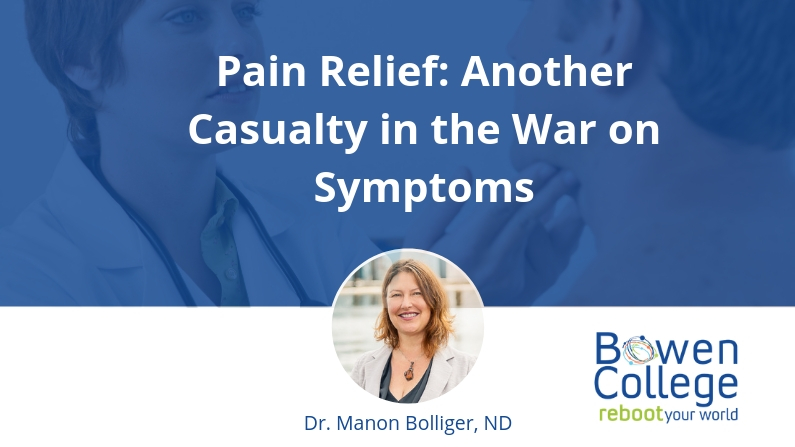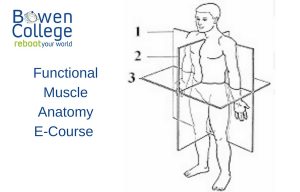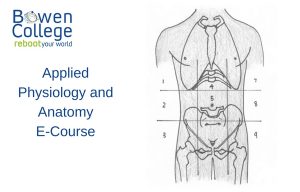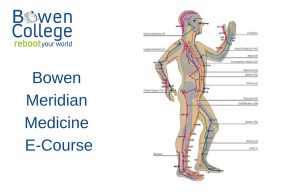We’ve been discussing the impact of the “war on symptoms” approach to health care. Let’s look at another example: pain following an injury. Our perception of the role and function of pain will determine how we experience the pain and what we want to do about it. The “objective” of the patient is informed by their ability to place their symptoms into a framework and context determined by their knowledge, philosophical view, spiritual understanding and critical-thinking abilities. The onus is on the doctor to inform or facilitate their process. It is absurd to act as though medicine exists in a vacuum, that it is not culturally, politically and philosophically-based.
One can regard pain as a symptom that something is wrong, that there is a reason for the pain. If you take a painkiller, you do just that — kill the pain and let the cause fester. In my practice I see countless patients who take multiple medications. Often they’ve received shots of cortisone to remove the inflammatory reaction of the body to the injured area.
While we must address the inflammation that the body is producing, it is more important to find out WHY it is producing inflammation. We must understand the CAUSE of the inflammation and address it, not just decrease the body’s reaction to it. Again, treating symptom-removal as sufficient is missing the very nature of our biological processes. To this extent, the war on symptoms is effectively a war on good health. In my next post I’ll share a personal story that will illustrate what’s involved in getting these issues wrong.









